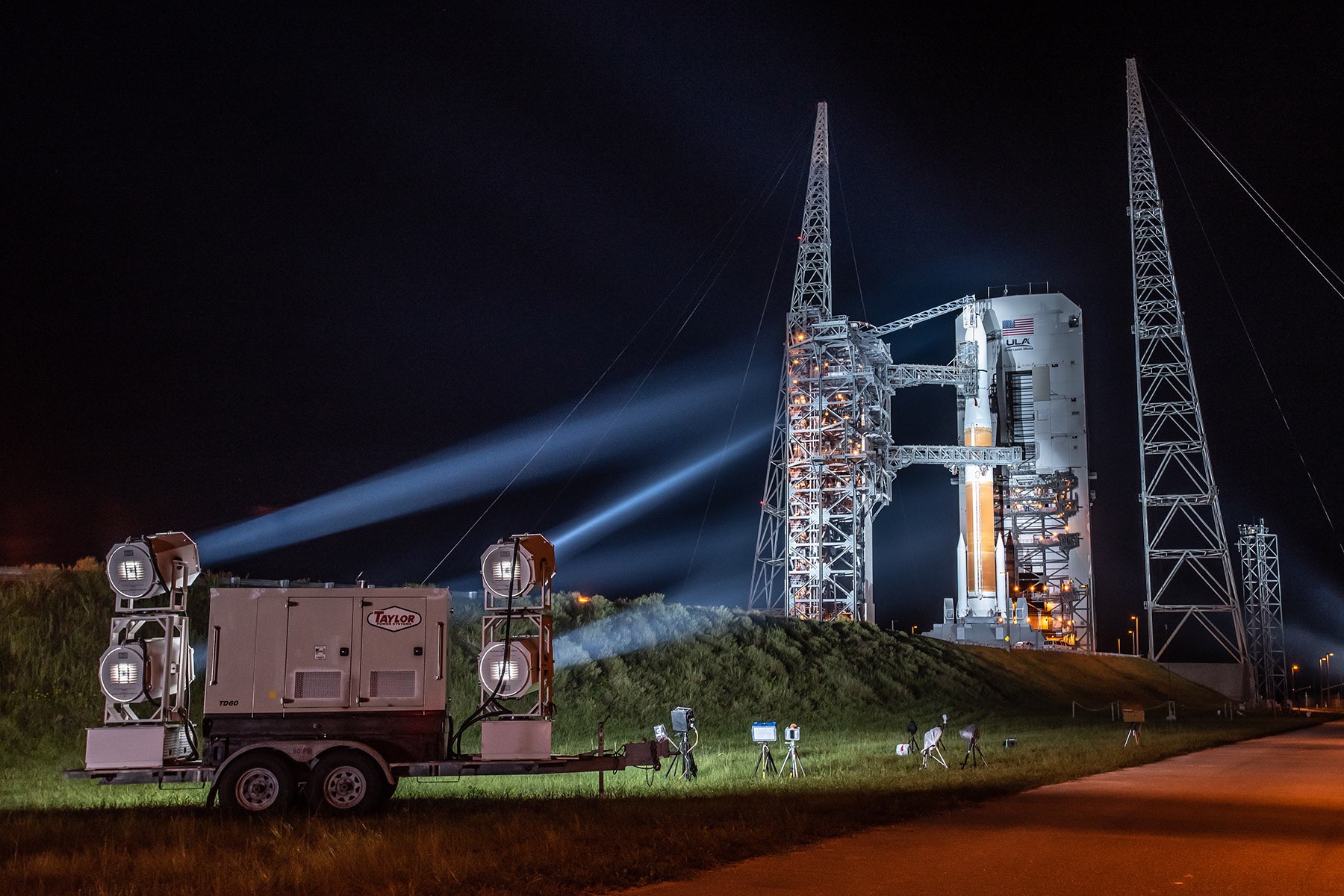A Last-of-Its-Kind Rocket Will Launch a GPS Satellite for the US Military Thursday. How to Watch
Update for Aug. 22: The United Launch Alliance has successfully launched the last Delta IV Medium rocket into orbit at 9:06 a.m. EDT (1306 GMT). See our full story here.
After nearly two decades of work helping the American military accomplish national security missions, United Launch Alliance's Delta IV Medium rocket is ready to retire.
Luckily, you have one last chance to watch it launch live, on ULA's YouTube channel or here at Space.com. The Delta IV Medium is expected to launch into space on Thursday (Aug. 22) during a 27-minute window that opens at 9:06 a.m. EDT (1306 GMT), blasting off from Cape Canaveral Air Force Station in Florida.
It will carry the second satellite in a next-generation constellation of the Global Positioning System that supports navigation on Earth's surface and in the air. The new satellites include better accuracy, more resiliency against jamming and a new signal for civilian users, according to ULA.
Related: Meet the Delta Rocket Family of the United Launch Alliance
Since the company's first launch in 2002, ULA has launched a total of 134 missions with 100% success. ULA's Delta IV and Atlas V rocket families were both created after government policy changes in the wake of the 1986 space shuttle Challenger explosion that killed seven crew members during launch.
The space shuttle program had handled many national security launches in the 1980s, but after the fatal incident, the cost of crewed missions caused a shift in U.S. policy. Military launches stopped relying on shuttles and returned to expendable rockets, which had also been used for military launches prior to the shuttle.
Breaking space news, the latest updates on rocket launches, skywatching events and more!
In coming years, ULA is moving away from the Delta and Atlas rockets in order to work on a next-generation rocket, called the Vulcan Centaur, which is expected to launch in 2021.
Vulcan is billed as an affordable competitor to newer companies whose rockets are mature enough to allow bidding for military contracts, such as SpaceX. ULA announced last fall that Vulcan will use a BE-4 engine built by Blue Origin in response to ongoing U.S. Senate diplomatic concerns about using the Russian-made RD-180 engine for Atlas V.
- Launch Photos: Delta IV Heavy Soars with Spy Satellite NROL-71
- Launch Photos: Delta IV Launches WGS-9 Military Satellite
- In Photos: NROL-47 Spy Satellite Launches on Delta IV Rocket
Follow Elizabeth Howell on Twitter @howellspace. Follow us on Twitter @Spacedotcom and on Facebook.

Elizabeth Howell (she/her), Ph.D., was a staff writer in the spaceflight channel between 2022 and 2024 specializing in Canadian space news. She was contributing writer for Space.com for 10 years from 2012 to 2024. Elizabeth's reporting includes multiple exclusives with the White House, leading world coverage about a lost-and-found space tomato on the International Space Station, witnessing five human spaceflight launches on two continents, flying parabolic, working inside a spacesuit, and participating in a simulated Mars mission. Her latest book, "Why Am I Taller?" (ECW Press, 2022) is co-written with astronaut Dave Williams.

